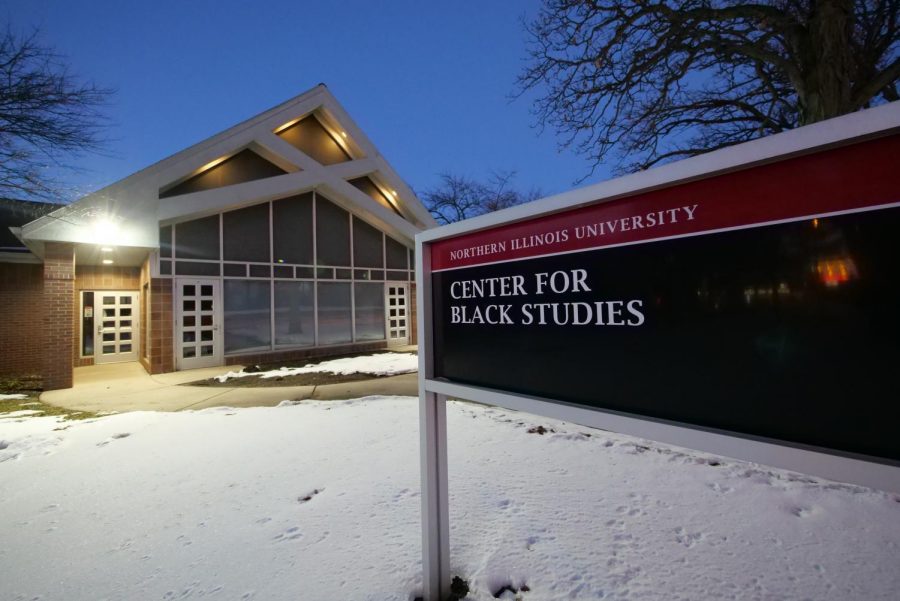Black Male Initiative is a program a part of the Center for Black Studies. Black Male Initiative is celebrating its 20th anniversary this year.
Center for Black Studies celebrates 50 years
February 4, 2021
DeKALB – In the midst of the Civil Rights Movement in 1968, when leaders who fought for racial justice such as Martin Luther King Jr. and Robert F. Kennedy were assassinated, students sought action from university officials for racial equality.
“The atmosphere on campus was all about correction for students wanting universities in general to at least begin addressing some of the issues that were happening nationwide,” alumna Cindy Henderson said. “There were all kinds of issues that were spurring people to become involved. The actual advocacy for Black studies on-campus or Black Student Union was embroiled in all of that.”
Henderson attended NIU from 1968 to 1971, a time when Black students rallied for a safe space on campus and to address nationwide issues, she said.
In May 1968, Black students on campus who were inspired by the nationwide campaign for Black studies rallied before former NIU President Rhoten Smith and presented him with a list of seven demands.
“Smith was 100% instrumental,” Henderson said. “He was an avid listener and became an advocate for the issues that the Black students brought to him.”
As a result of this campaign from Black students, the Center for Black Studies was created in 1971.
The Center for Black Studies originally sat at 225 Normal Road in a small white house, and it would remain there for the next two decades.
The center initially offered 30 courses and a minor in interdisciplinary Black studies. Classes were offered through all of the colleges, coordinated by Robert Starks, the Center’s first director.
Starks said the number of Black students in 1970 was at an all-time high, and as a result, groups such as the Black Choir and a Black dance group were created at the school.
“We instituted a formal Black studies program at the university, and because of the fact that we didn’t have a whole lot of teachers, we had to cooperate with other departments before we could get the program formalized,” Starks said.
Starks said students would often refer to him as “Uncle Bob,” which was an honor at the time, considering he was only 26 years old.
Starks said some of the best performances from singer Nina Simone and speeches from Fred Hampton, chairman of the Illinois chapter of the Black Panther Party, were held at NIU during this time period.
“I’d fight for the students, so that was my reward, and they would thank me,” Starks said. “We demanded that the library had books by Black authors and that sort of thing. It was a very great experience for me.”
Celebrating 50 years
The center operates today through its four components of the Black studies minor, faculty research, cultural programming and student organizations.
Henderson, who came back to NIU in 2002 as a full-time employee, said the first place she checked in with on campus was the Center for Black Studies to get a pulse on what the climate was for Black students.
“I was tickled to death; I knew that a new center had been built and that was huge,” Henderson said. “When Bob came, the Center for Black Studies was a house and now it’s an actual center, which is huge.”
Henderson said over time, the center has progressed both culturally and academically.
“It truly evolved into a building of their own professors as well as the cultural piece in terms of history, the student organizations that came out of that, such as BSU, and the spirit of activism is still certainly there,” Henderson said.
Anne Edwards, director of The Center for Black Studies, said the center still carries out its mission of making sure Black students have a space on campus where they feel seen.
“When we first started there was no [Black Male Initiative], there was no honor society, there was no Black student achievement program,” Edwards said. “Those things didn’t exist, but they were created to help us create a system of retention around Black students.”
